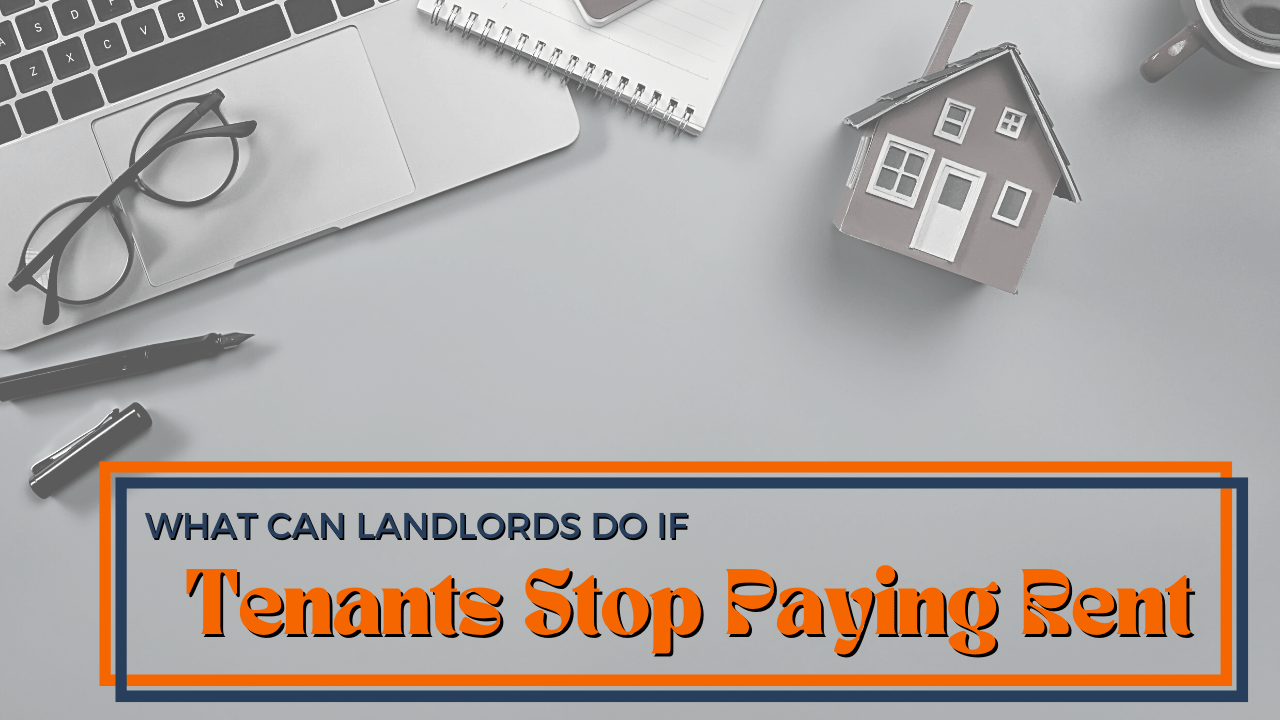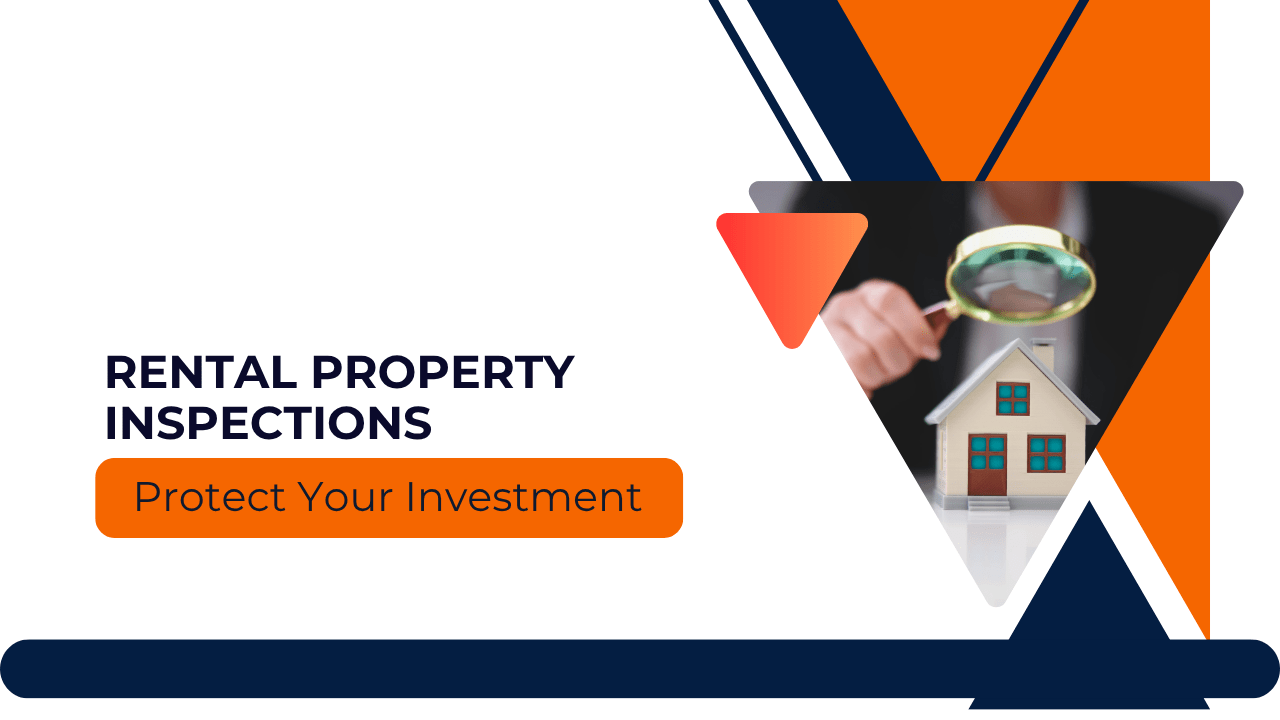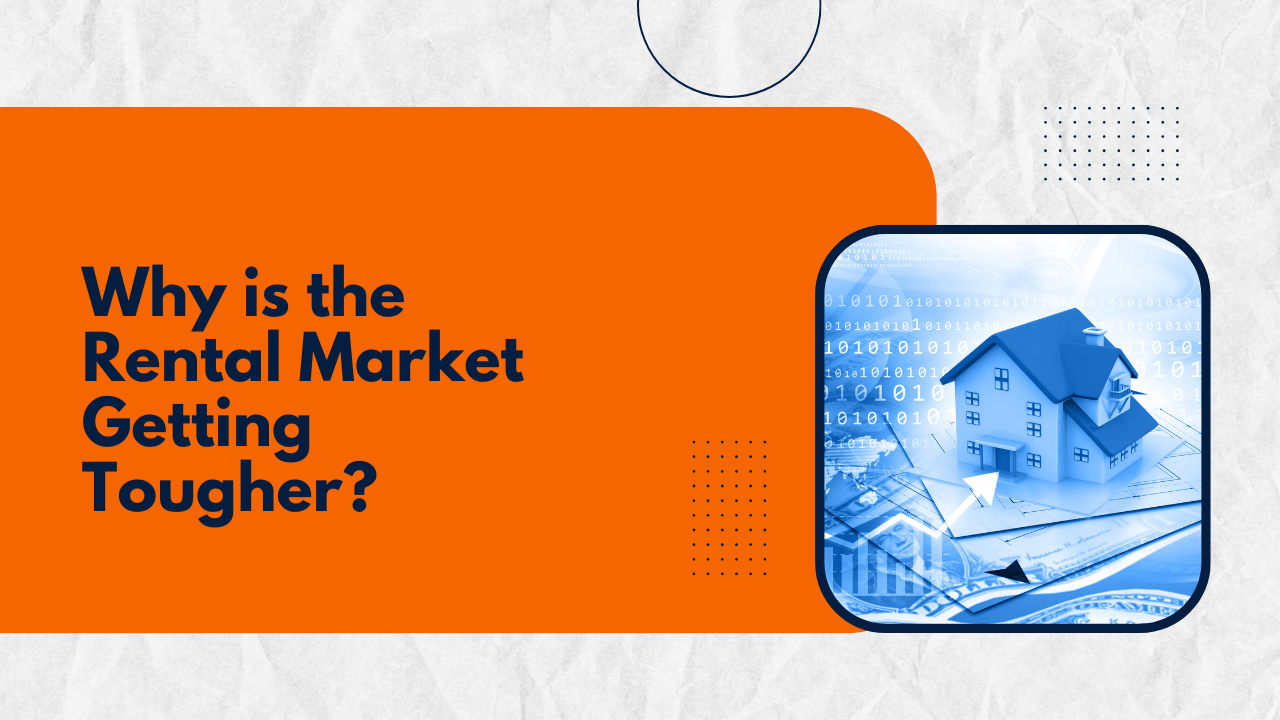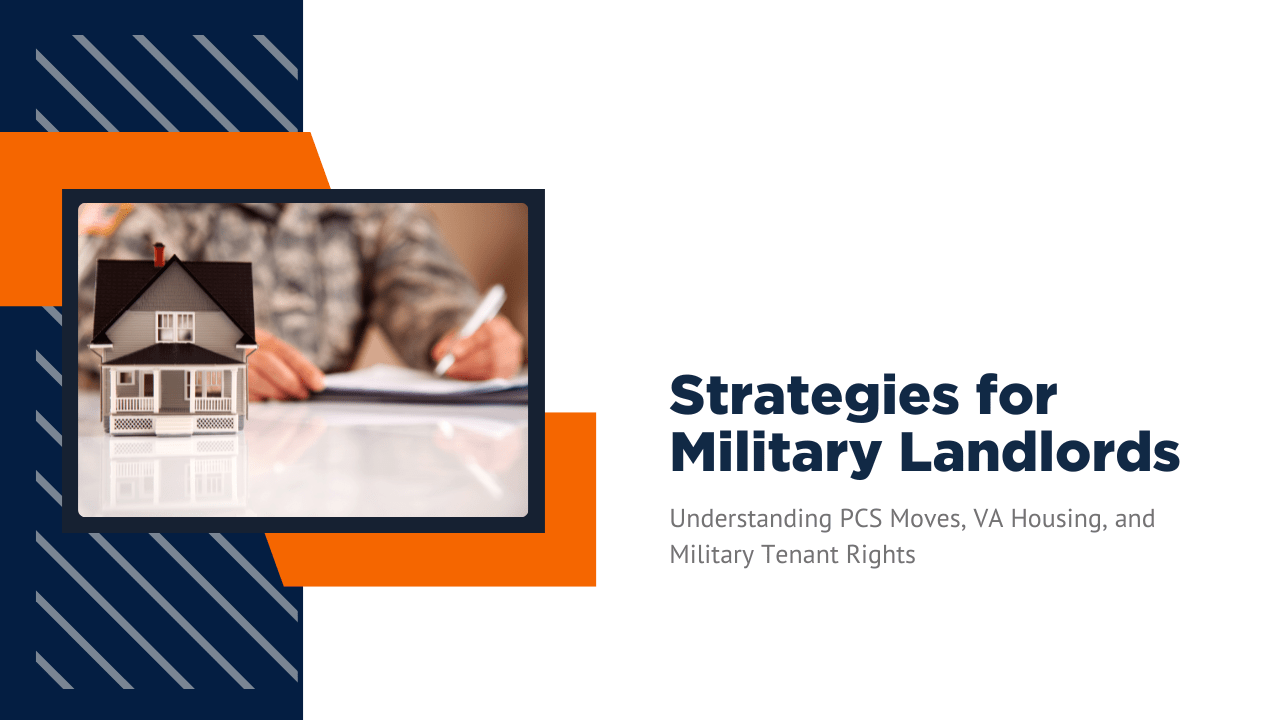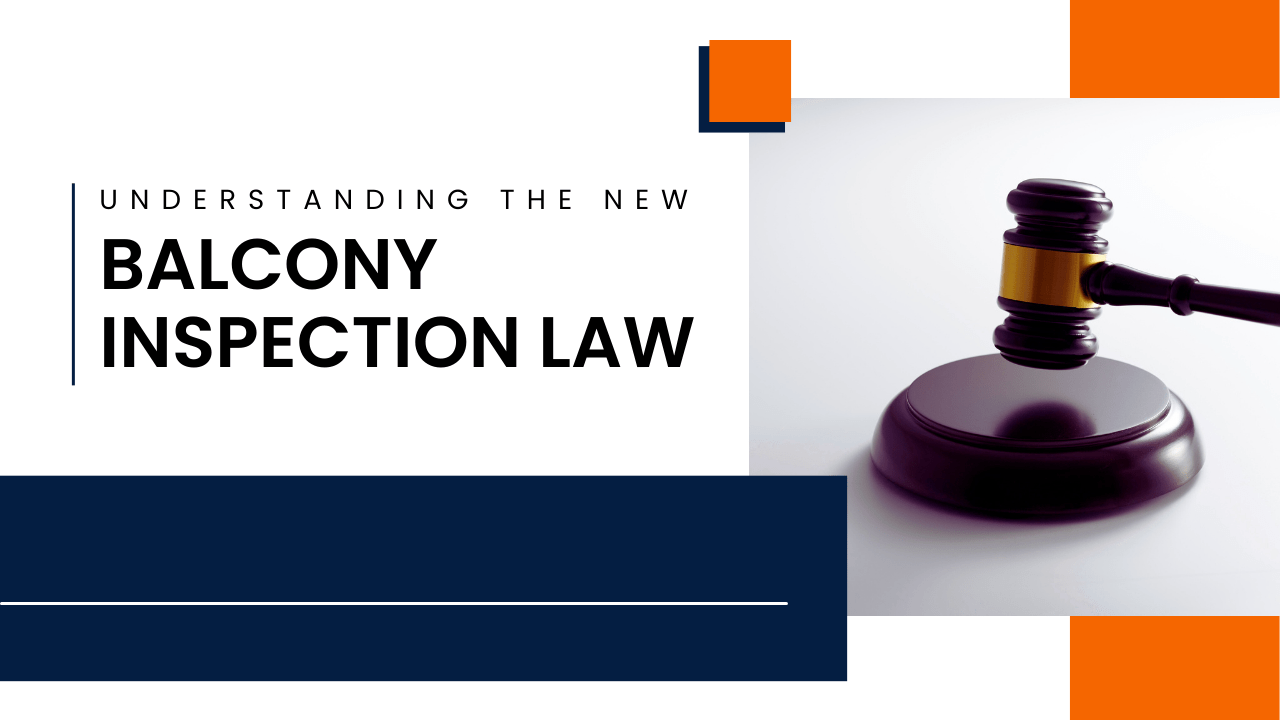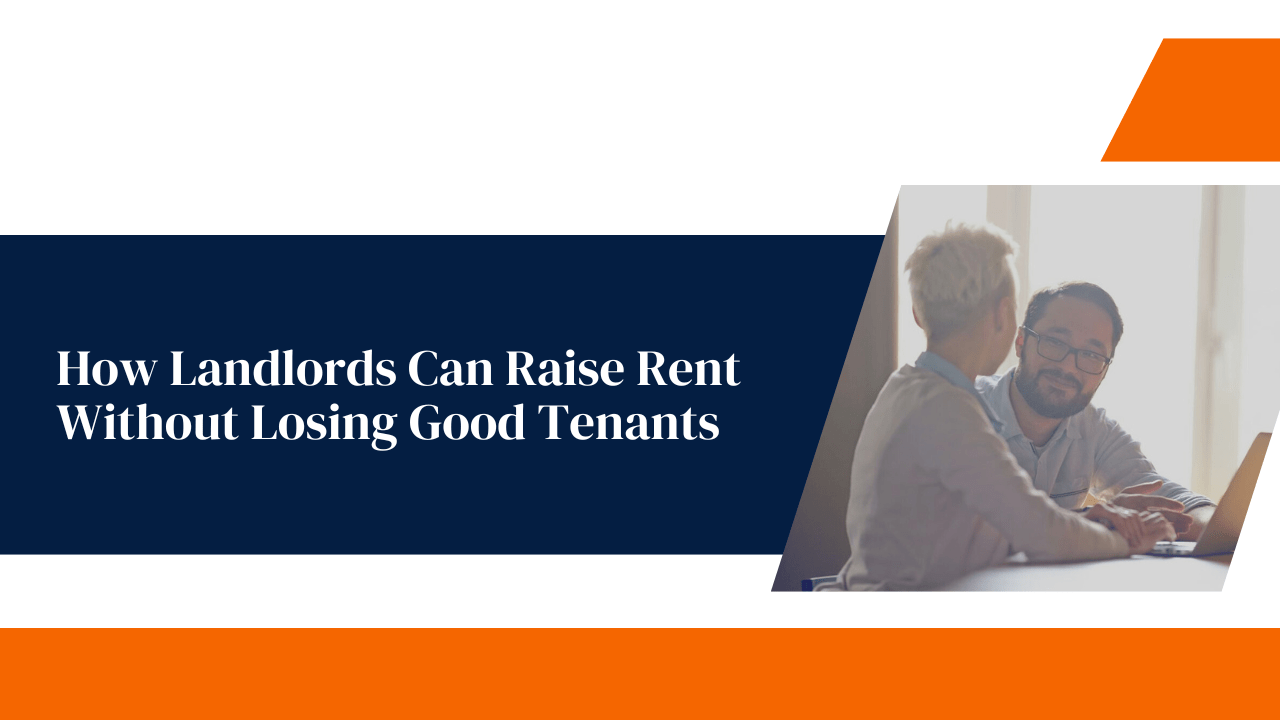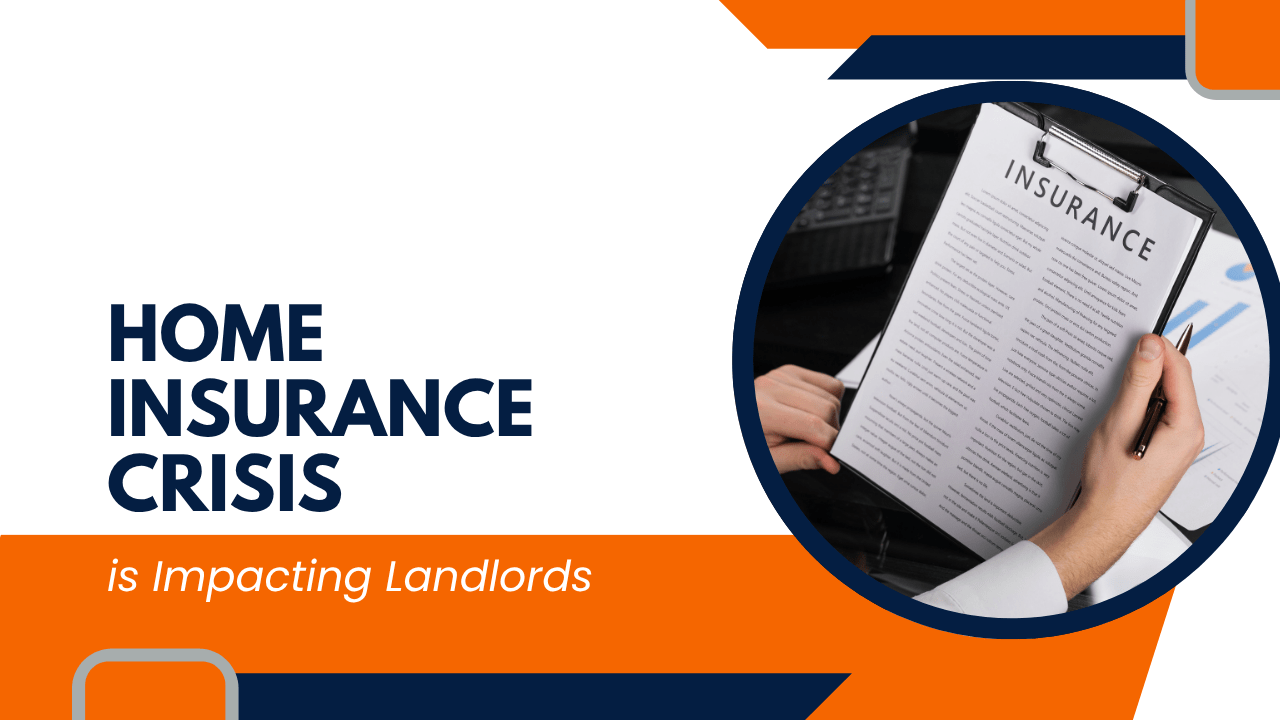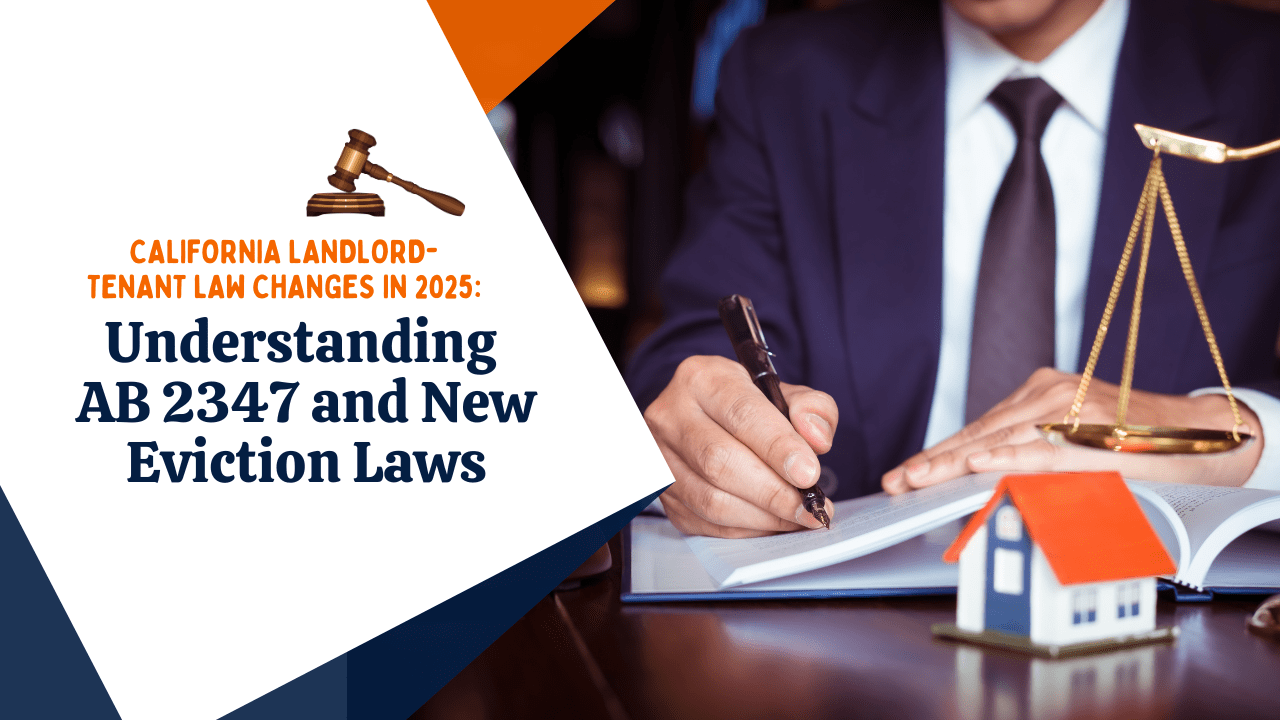While the state and federal eviction moratorium is essentially over, owners do not have complete freedom to evict tenants who are struggling to pay their rent. For example, the City Council in San Diego has a new eviction law in effect until the end of September. And, if a tenant who has not paid rent applied for assistance prior to March 31, 2022, landlords in San Diego are required to continue working within the parameters of that benefit.
Outside of those special rules and the law that remains in place for the city of San Diego, you may be able to evict a nonpaying tenant. Before you take those
eviction steps, however, make sure you’re familiar with AB 1482, commonly known as the Tenant Protection Act of 2019. It went into effect early in 2020, and it includes just cause eviction specifics that need to be followed.
City of San Diego and Eviction
The San Diego City Council recently adopted a temporary ban on residential no fault evictions, which went into effect on May 22, 2022, and remains in place until September 30, 2022 or 60 days after the end of the local state of emergency that the mayor has declared (whichever occurs first).
Under this local law, no fault evictions are not allowed in the City of San Diego under certain circumstances.
A no fault eviction is pursued when an owner wants to end a lease for reasons that do not involve any lease violations or nonpayment of rent. Evictions are still allowed for nonpayment of rent or lease violations. However, if it’s a no-fault eviction, in particular situations, the courts will not allow it according to the current city law.
How to Handle Evictions with AB 1482
All evictions in San Diego must be based on “just cause,” which means owners will need to demonstrate a just cause for the eviction. There are two categories that apply to just cause evictions:
- At-fault evictions, which would include eviction for nonpayment of rent.
- No-fault evictions, which means the eviction is not based on the actions of the renter.
The new law requires that landlords provide a reason for the eviction in the Notice to Quit. It’s no longer as easy as serving a 30 or 60-day Notice of Termination of Tenancy. These eviction laws apply to residents who have rented your property for 12 months or more.
If the reason for eviction is curable, for example rent has not been paid, you need to provide your tenant with a 3-Day Notice to Pay or Quit. If and when your tenant pays the rent, you cannot move forward with the eviction. However, if rent is not paid and the property is not vacated by the nonpaying tenant within those three days, you may go to court and file for an Unlawful Detainer.
Defining Just Cause for California Evictions
Since the implementation of AB 1482, there must be a legal reason to evict a tenant from your San Diego rental property. You can evict for:
- Nonpayment of rent. This is the most common eviction. You’ll serve a standard notice to pay or quit. We mentioned the 3-Day Notice to Pay or Quit, but certain situations may require a different notice period. Talk to your property management company. It’s important to serve the proper notices with exactly the right terminology. It’s also important that your lease agreement reflects the necessary disclosures that are now required by law. If you’re not already
working with a property manager, have an attorney review your notice before you serve it.
- Clear lease violations. When a resident violates your lease agreement and you can prove it, you’ll need to give them the opportunity to cure the problem within a specified period of time. If the problem is not rectified, you have a just cause for eviction.
- Illegal or criminal activity. Prepare to be able to prove this is happening at your property. You’ll need a lot of documentation to effectively evict for criminal activity.
In any of these cases, if you have a problematic tenant and you feel you have to prove just cause, documentation is going to be essential. For nonpayment of rent, you’ll need to demonstrate that your lease includes a rent collection policy and that it has been violated. Prepare to show that rent has not been paid. The court may need to see your rent roll, accounting statements, and copies of all correspondence you have sent the tenant, including the 3 Day Notice to Pay or Quit.
How to Handle Late Rent Payments from San Diego Tenants
The eviction moratorium was officially lifted in California on April 1, 2022. However, this does not mean that eviction should be your first step when you have a tenant who is not paying rent. If it’s a good tenant who has a legitimate reason for falling behind and you aren’t concerned that it will become a long-term problem, it’s likely worth your time and effort to work with them. Collect as much as you can and put a payment plan together to get them caught up.
Communication is essential. Working with tenants to bring the rent up to date can help you avoid a long and unpleasant court process. Eviction timelines are a bit different than they were before the pandemic and the moratorium.
If you are going to move ahead with an eviction now, prepare to be patient. Delays at the courthouse are not uncommon, largely because so many evictions are being filed now and landlords have been waiting to remove tenants who have not paid rent and are not protected by government programs.
There is likely to be a backlog, so your eviction date may not be anytime soon. This is another excellent reason to work on bringing your San Diego tenants into compliance if you can.
Eviction Documentation and Support
If you’re working with tenants who have applied or accepted government support, you must continue to accept those payments. Stay in compliance with any paperwork, documentation, and information that you’re required to provide. Do not attempt to evict a tenant who is protected by an eviction program that they entered during the moratorium.
When you decide that you must move forward with an eviction, make sure you have all the documentation you’ll need to effectively evict.
It needs to be correct.
The 3-Day Notice should be reviewed by a
San Diego property manager or an eviction attorney. We know what you can and cannot include. For example, if you try to sue your tenants for late fees in addition to the rent that is owed, you’ll find your eviction thrown out, and you’ll be back to the beginning of the process. You cannot include late fees in the amount that’s owed.

